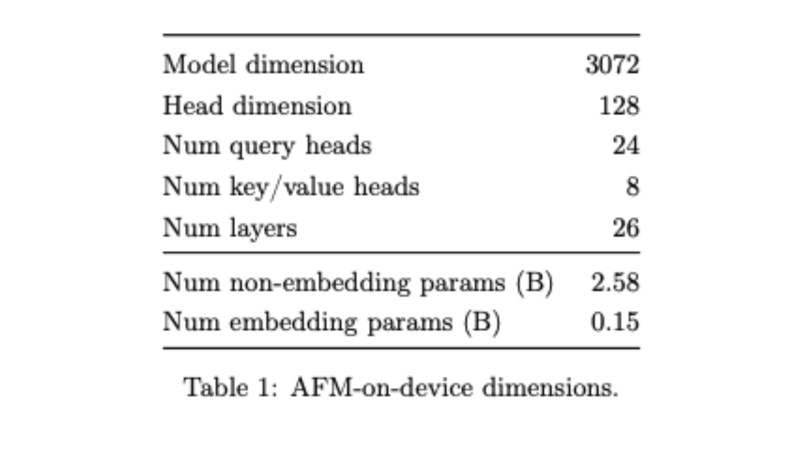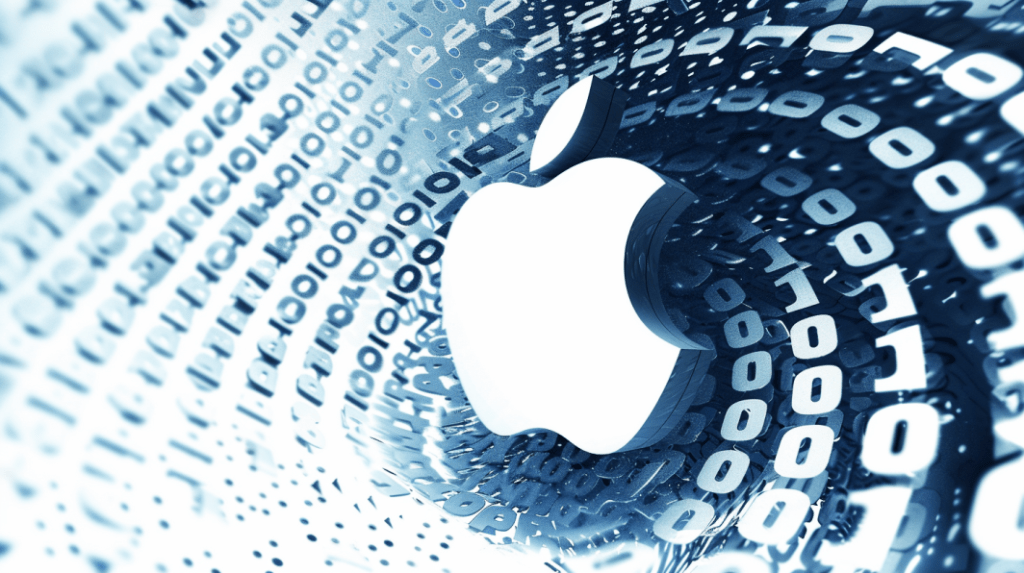iOS gets an AI upgrade: Inside Apple’s new ‘Intelligence’ system
Join our daily and weekly newsletters for the latest updates and exclusive content on industry-leading AI coverage. Learn More
Apple has lifted the curtain on its latest artificial intelligence efforts, revealing details about new language models designed to power AI features across its devices while prioritizing user privacy and responsible development.
In a research paper published today, Apple described two new foundation language models: a 3-billion parameter model optimized to run efficiently on iPhones and other devices, and a larger server-based model. These models form the backbone of “Apple Intelligence,” a new AI system introduced at the company’s developer conference earlier this year.
“Apple Intelligence consists of multiple highly-capable generative models that are fast, efficient, specialized for our users’ everyday tasks, and can adapt on the fly for their current activity,” the researchers explain in the paper.

The iPhone AI revolution: 3 billion parameters in your pocket
A key focus for Apple was developing models that could run directly on devices like iPhones, rather than relying solely on cloud processing. This aligns with the company’s emphasis on privacy.
“We protect our users’ privacy with powerful on-device processing and groundbreaking infrastructure like Private Cloud Compute,” Apple researchers wrote. “We do not use our users’ private personal data or user interactions when training our foundation models.”
The on-device model, dubbed AFM-on-device, contains about 3 billion parameters — far smaller than leading models from companies like OpenAI and Meta, which can have hundreds of billions of parameters. However, Apple says it has optimized the model for efficiency and responsiveness on mobile devices.
For more intensive tasks, Apple developed a larger server-based model called AFM-server. While the exact size was not disclosed, it is designed to run in Apple’s cloud infrastructure using a system called Private Cloud Compute to protect user data.

Responsible AI: Apple’s ethical approach to artificial intelligence
Apple emphasized its focus on “Responsible AI” principles throughout the development process. This includes efforts to reduce bias, protect privacy, and avoid potential misuse or harm from AI systems.
“We take precautions at every stage of our process, including design, model training, feature development, and quality evaluation to identify how our AI tools may be misused or lead to potential harm,” the researchers said.
The models were trained on a diverse dataset including web pages, licensed content from publishers, code repositories, and specialized math and science data. Notably, Apple says it did not use any private user data in training the models.
Industry analysts say Apple’s approach, balancing on-device and cloud processing while emphasizing privacy, could help differentiate its AI offerings in an increasingly crowded market.
This strategy aligns with Apple’s long-standing focus on user privacy and device-level processing, but it also presents unique challenges and opportunities.
By prioritizing on-device AI, Apple can offer faster response times and offline functionality, potentially giving it an edge in real-world usability. However, the limitations of mobile hardware mean these models may struggle to match the raw capabilities of larger, cloud-based systems.
Apple’s emphasis on responsible AI development and privacy protection could also resonate strongly with consumers and regulators alike, especially as concerns about AI ethics and data privacy continue to grow. This approach may help Apple build trust with users and potentially sidestep some of the regulatory scrutiny facing other tech giants.
The new AI models are expected to power a range of features in upcoming versions of iOS, iPadOS and macOS starting in October (recently delayed). Apple says the technology will enhance everything from text generation to image creation to in-app interactions.
As the AI landscape continues to evolve, Apple’s unique approach represents a major bet on the future of generative AI technology.
The success of this strategy will depend not only on the technical capabilities of Apple’s AI models, but also on how well the company can integrate these technologies into its ecosystem in ways that provide tangible benefits to users while maintaining its commitment to privacy and responsible development.
Source link


